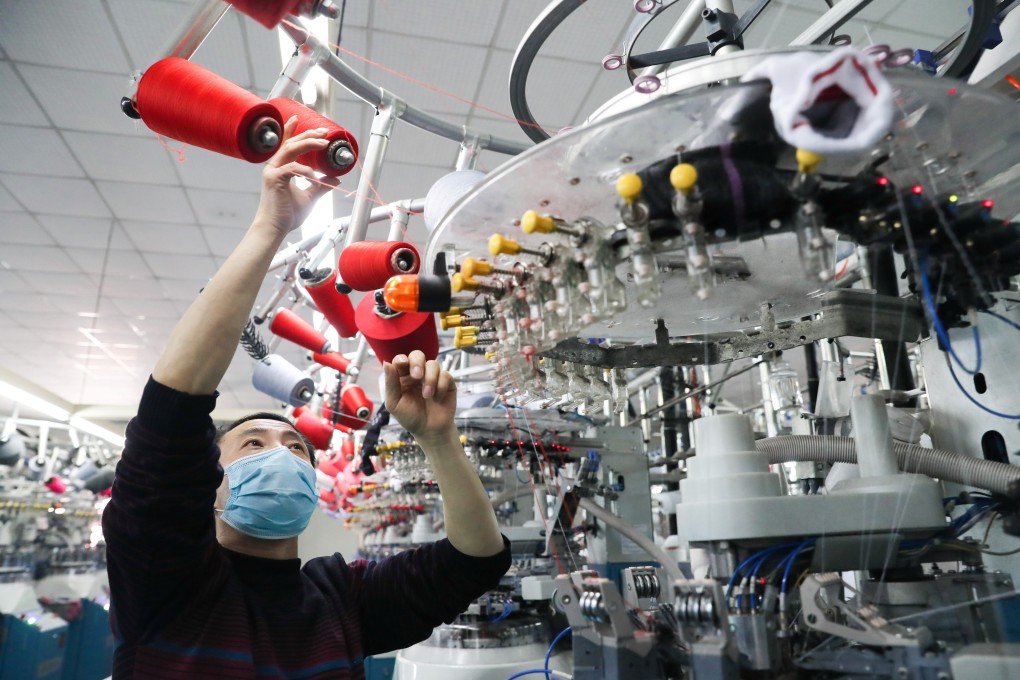Advertisement
Unlike during Sars, this coronavirus epidemic is hitting the global economy when it’s down
- The outbreak will pass, but it is unlikely to be the temporary blip that complacent financial markets expect, given the central role China now plays in many aspects of the world economy and the vulnerabilities in major economies
- Investors hoping for a V-shaped recovery, as happened post Sars, are likely to be disappointed
Reading Time:4 minutes
Why you can trust SCMP
0

The world economy has clearly caught a cold. The outbreak of Covid-19 came at a particularly vulnerable point in the global business cycle. World output expanded by just 2.9 per cent in 2019 – the slowest pace since the 2008-09 global financial crisis and just 0.4 percentage points above the 2.5 per cent threshold typically associated with a global recession.
Moreover, vulnerability increased in most major economies over the course of last year, making prospects for early 2020 all the more uncertain. In Japan, the world’s fourth-largest economy, growth contracted at a 6.3 per cent annual rate in the fourth quarter – much sharper than expected following another consumption-tax hike.
Industrial output fell sharply in December in both Germany (minus 3.5 per cent) and France (minus 2.6 per cent), the world’s fifth- and 10th-largest economies respectively. The United States, the world’s second-largest economy, appeared relatively resilient by comparison, but 2.1 per cent real (inflation-adjusted) gross domestic product growth in the fourth quarter of 2019 hardly qualifies as a boom.
And in China – now the world’s largest economy in purchasing-power-parity terms – growth slowed to a 27-year low of 6 per cent in the last quarter of 2019.
In other words, there was no margin for an accident at the beginning of this year. Yet there has been a big accident: China’s Covid-19 shock. Over the past month, the combination of an unprecedented quarantine on Hubei province and draconian restrictions on intercity (and international) travel has brought the Chinese economy to a virtual standstill.
Advertisement
